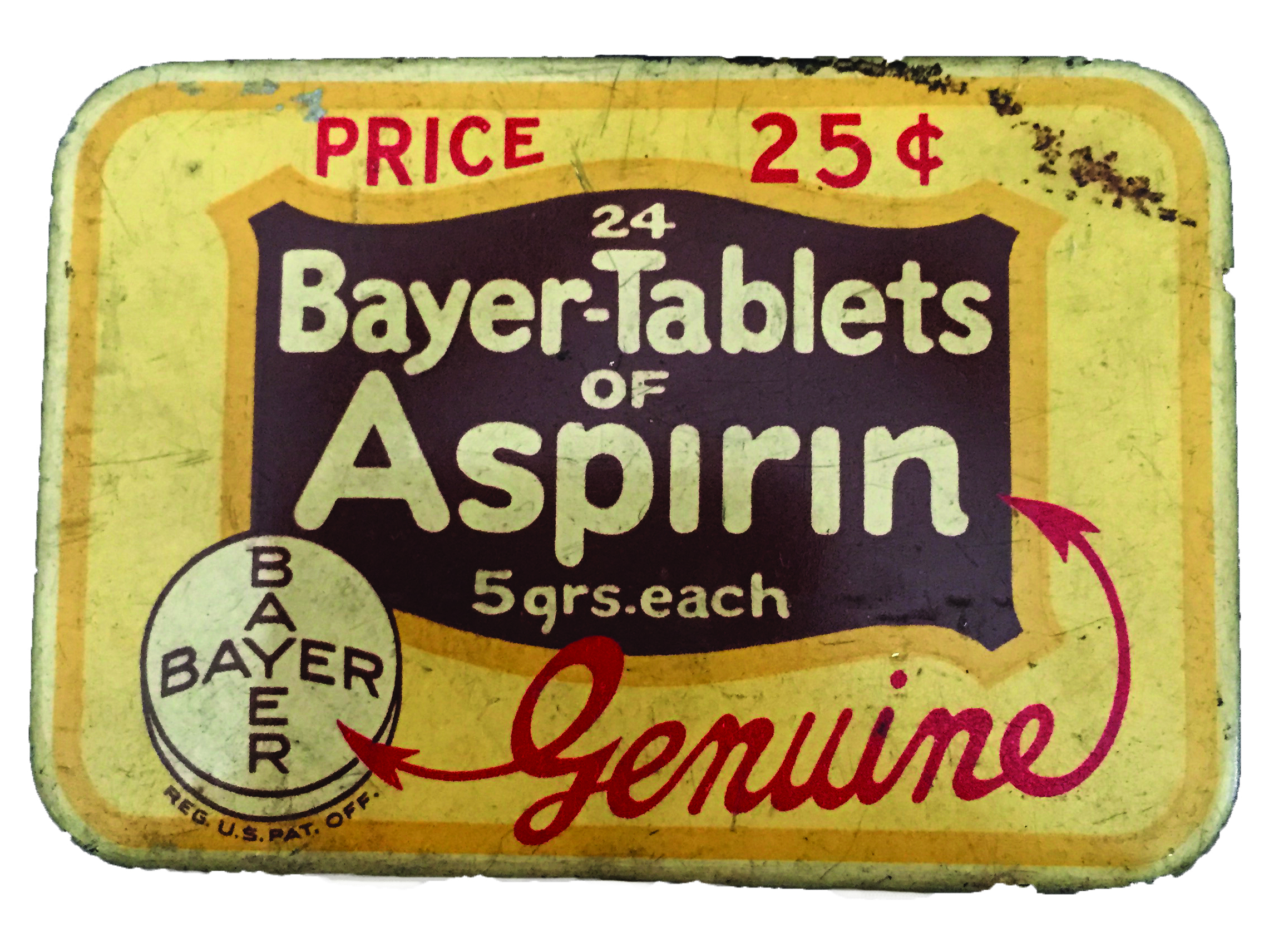The protective effects of aspirin taken following ischaemic stroke symptoms may have been underestimated
The protective effects of aspirin taken following ischaemic stroke symptoms may have been underestimated
Taking an aspirin immediately after a transient ischaemic attack (TIA) or a minor stroke reduces the risk of recurrent ischaemic stroke much more than previously thought, a new study has found.
Current guidelines recommend taking aspirin within 48 hours of the onset of stroke symptoms with earlier trials linking aspirin to a 13% reduction in long-term risk of recurrent stroke.
However, UK research published in The Lancet shows that taking aspirin reduces the overall risk of recurrent ischaemic stroke in the short-term (over six weeks) by about 60%, with a similar effect at 12 weeks.
Pooling data of 15,778 participants from 12 randomised trials of aspirin, the researchers showed that aspirin reduced the six-week risk of disabling or fatal ischaemic strokes by about 70%.
These effect sizes were much greater than those previously reported and had implications for acute treatment after TIA and minor stroke.
“It is essential that patients with TIA or minor stroke are not sent home from the emergency department with advice to add aspirin to their next prescription; they should be treated acutely,” the authors said.
Patients who called a family doctor should be advised to take aspirin immediately if TIA was suspected, they said.
In the study, the benefit of aspirin in reducing the risk of recurrent ischaemic stroke was greatest in the first two weeks but further benefit accrued up to 12 weeks.
Speaking to The Medical Republic, Dr Mark Nelson, chair of general practice at the University of Tasmania, said the study showed the introduction of aspirin was time critical.
“If you are going to prevent a stroke, early use [is preferable], which you read as immediate use,” he said.
For GPs, this meant patients who were suspected of having a TIA should be given aspirin there and then in the GP clinic so they benefited from the effect immediately, Dr Nelson said.
“Even the few hours it takes to fill a script, or more often just buy it over the counter, may be critical,” he said.
Dr Nelson said there was also potential for public education programs that advised people experiencing TIA symptoms to self-medicate with aspirin prior to urgent medical review.
Pre-hospital self-medication has been discouraged in the past due to concerns that stroke-like symptoms could be caused by intracerebral haemorrhage, according to the study. The Stroke Foundation currently recommends giving aspirin only if a CT/MRI scan excludes haemorrhage.
However, TIA symptoms are caused by intracerebral haemorrhage in less than 5% of cases.
Tim Kleinig, a Stroke Foundation clinical council member, told TMR that people should seek immediate treatment from a hospital if they experienced signs of stroke, rather than self-medicating.
“The best chance of survival, recovery and prevention of further events depends on fast access to treatment in hospital by specially trained teams,” Mr Kleinig said.


